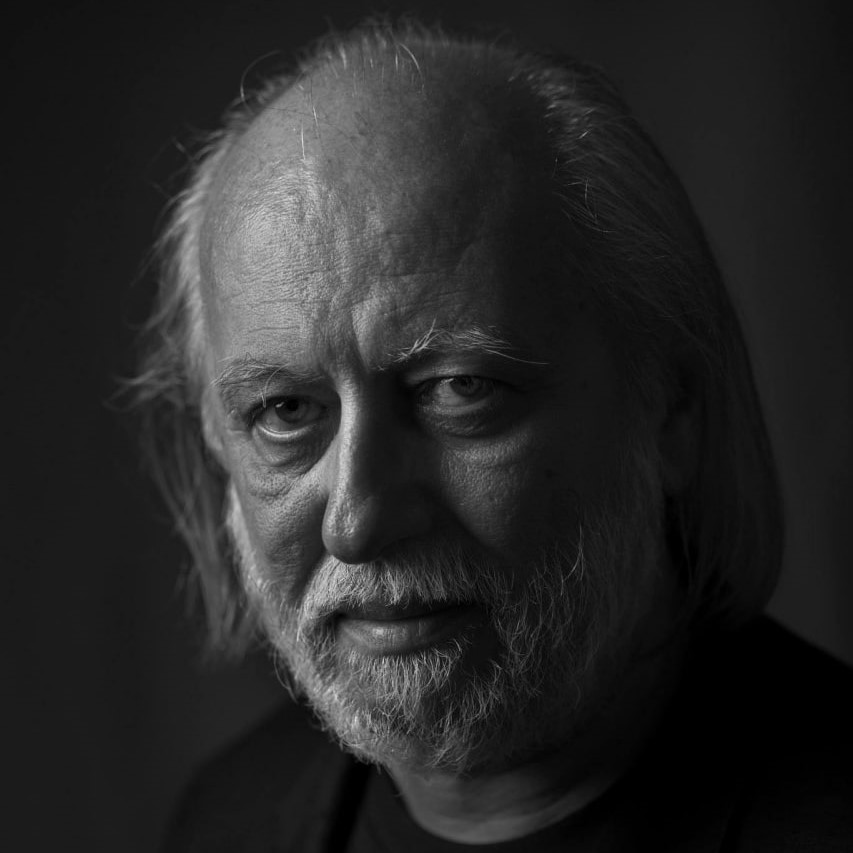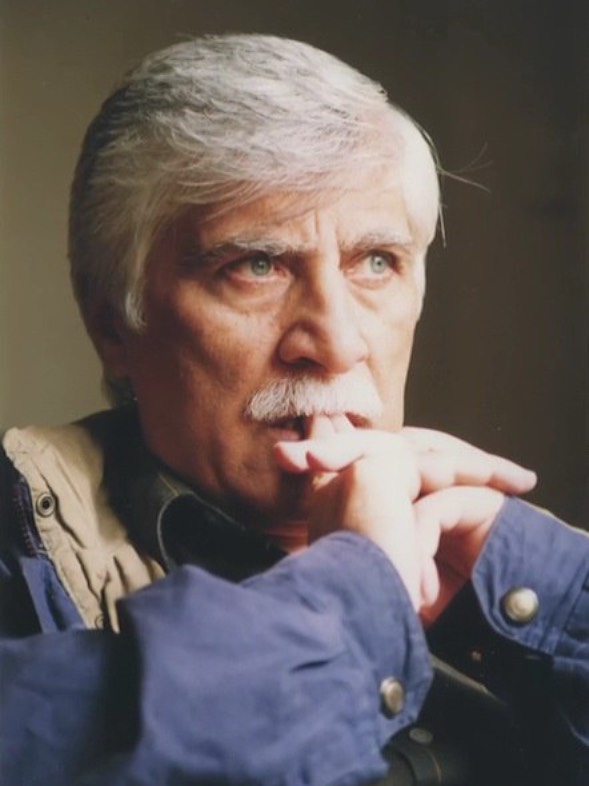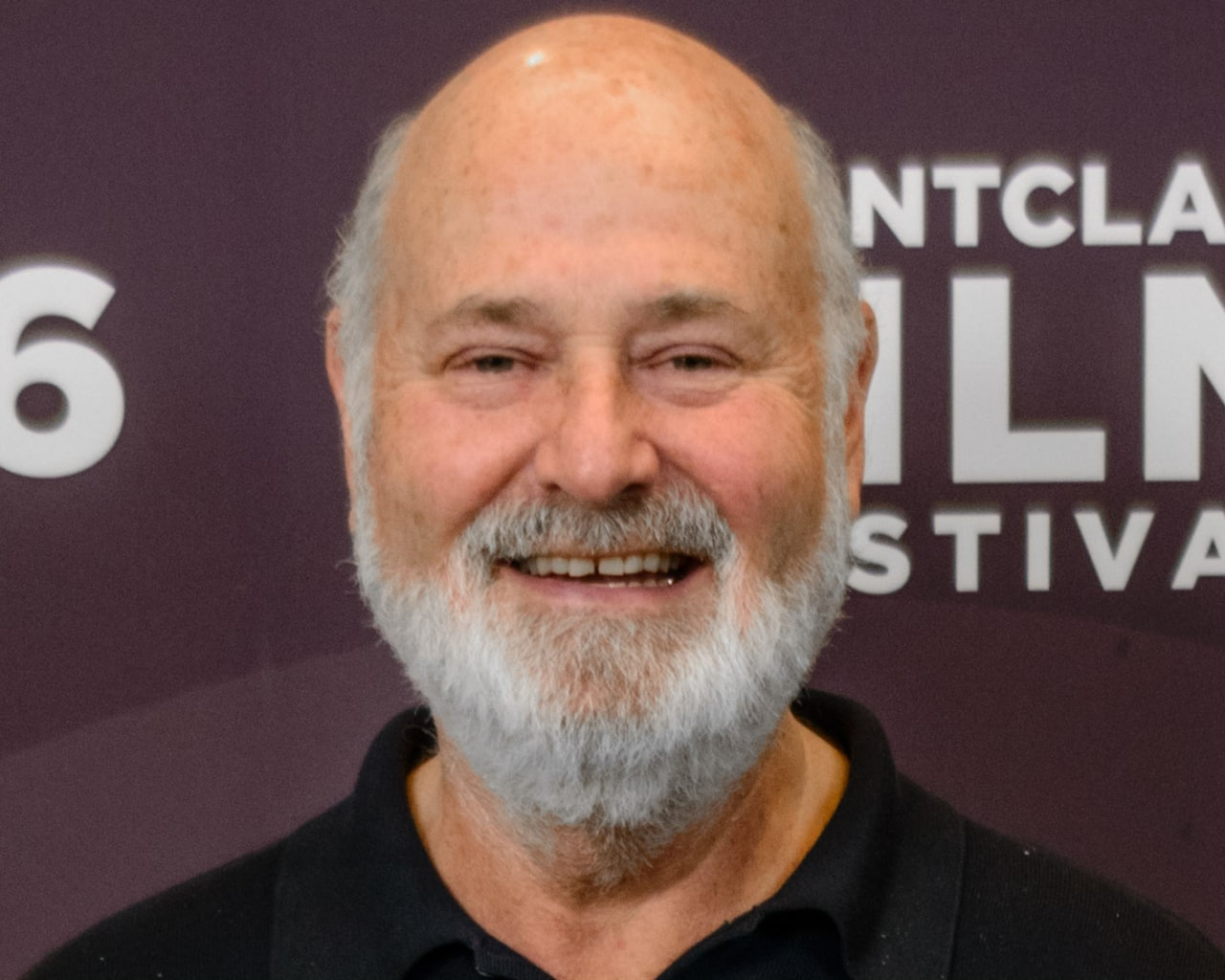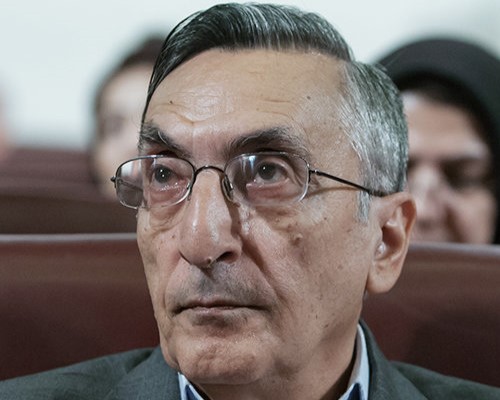The Swedish Academy has awarded the 2025 Nobel Prize in Literature to László Krasznahorkai, the celebrated Hungarian novelist and screenwriter, citing his “compelling and visionary oeuvre that, in the midst of apocalyptic terror, reaffirms the power of art.”
At 71, Krasznahorkai stands among the most distinctive voices in postmodern European literature — a writer whose dark, melancholic, and philosophical novels have reshaped the possibilities of narrative form. His best-known works, including “Satantango” (1985) and “The Melancholy of Resistance” (1989), were adapted into landmark films by Hungarian director Béla Tarr, marking one of the most remarkable creative collaborations between literature and cinema in modern Europe.
The Swedish Academy described Krasznahorkai as “a great epic writer in the Central European tradition,” known for his long, winding sentences and intense, visionary prose. Critics have often compared his writing to Kafka, Thomas Bernhard, and Gogol. The late Susan Sontag once called him “the contemporary Hungarian master of apocalypse.”
Born in the southeastern Hungarian city of Gyula, Krasznahorkai first gained recognition during the 1980s, when his complex, rhythmic prose defied the literary conventions of the time. Over the decades, his books have earned major international honors, including the 2015 Man Booker International Prize and the 2019 U.S. National Book Award for Translated Literature.
Reacting to the Nobel announcement, Krasznahorkai told Swedish Radio:
“I am deeply glad that I have received the Nobel Prize — above all because this award proves that literature still exists and is still being read. It reminds us that beauty, nobility, and hope still have meaning — even in a ruined world.”
Irish novelist Colm Tóibín praised him as “a unique literary visionary who has opened up vast new spaces within the contemporary novel,” while British writer Hari Kunzru described reading him as “a fortifying experience — he shows me what’s possible.”
Krasznahorkai is the first Hungarian Nobel laureate in literature since Imre Kertész (2002), and now joins a distinguished lineage that includes Ernest Hemingway, Toni Morrison, Bob Dylan, and Kazuo Ishiguro.
Known for his political independence, Krasznahorkai has often criticized Hungary’s nationalist government and Prime Minister Viktor Orbán. After Orbán publicly congratulated him on social media, the writer responded succinctly:
“I thank the Prime Minister for his congratulations. But I will always oppose his political ideas. I remain a free writer.”
The Nobel Prize in Literature is the fourth award announced this week, following those for medicine, physics, and chemistry. It carries a purse of 11 million Swedish kronor (approximately €1 million), along with an 18-carat gold medal and diploma.
The Nobel ceremony will take place, as tradition dictates, on December 10 in Stockholm, marking the anniversary of Alfred Nobel’s death.
As Krasznahorkai once said of his lifelong pursuit of writing:
“Beauty lies in language. Fun lies in hell. Perhaps these two are enough reason to go on writing.”






